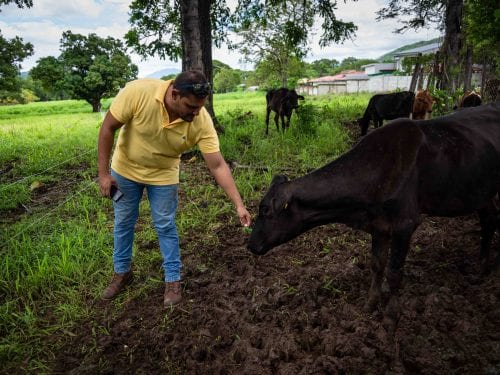
The holidays are meant to symbolize a time of peace and joy, yet it often stressful time fraught with conflict and pressure to give even when times are tough. One of the best (and free!) gifts to give both loved ones and yourself, is the gift of forgiveness.
This act which may seem simple enough is not always so easy to do. But one thing that is clear, the health benefits, including the emotional and social benefits, are widely recognized. Researchers have suggested that forgiveness leads to healthier relationships, greater spiritual and psychological well-being including reduced anxiety and depression, lower levels of stress and chronic pain, and reduced risk of alcohol and substance abuse.
What is Forgiveness?
Katherine Piderman, Ph.D. of the Mayo Clinic in Rochester, US proposes a comprehensive definition of forgiveness, “forgiveness is a decision to let go of resentment and thoughts of revenge. The act that hurt or offended you may always remain a part of your life, but forgiveness can lessen its grip on you and help you focus on other, positive parts of your life. Forgiveness can even lead to feelings of understanding, empathy and compassion for the one who hurt you.”
At some point we have all experienced hurt and anger by the actions or words of another. Maybe we were emotionally or physically hurt as a child, have experienced being “cheated on” by a significant other, or have been robbed of a possession. Although these wounds can leave you with feelings of anger and bitterness, the consequences of not practicing forgiveness may lead you to be the one who hurts the most in the long run. Ultimately, when the act of forgiveness is genuine, feelings of peace and joy are more easily accessible.
Why Forgive?
Fred Luskin who directs the Forgiveness Project based out of Stanford University states, “The process of forgiveness can be a liberating experience. One that if practiced proactively can lead to a wonderful experience of life.” As we forgive, our lives improve and therefore our health, well-being, relationships improve as well. Forgiveness doesn’t mean that you deny the other person’s responsibility for hurting you, and it doesn’t minimize or justify the wrong. You can forgive the person without excusing the act. When we can take on the brave act of forgiving someone who has hurt us or “wronged” us, a peaceful feeling rises within and when practiced repeatedly, life is simply more enjoyable.
Look back on when you have forgiven in the past and how you have felt after.
When we have made a conscious choice to forgive, we are more likely feel in control, less distracted by emotions and ultimately more productive. Choosing to forgive the person who has offended or hurt you is a powerful gateway to strength and compassion versus hurt and sadness.
When you shift from the victim role which is characterized by strong emotions such as anger and blame and let go of any remaining grudges you no longer define your life by how you’ve been hurt.







Comments